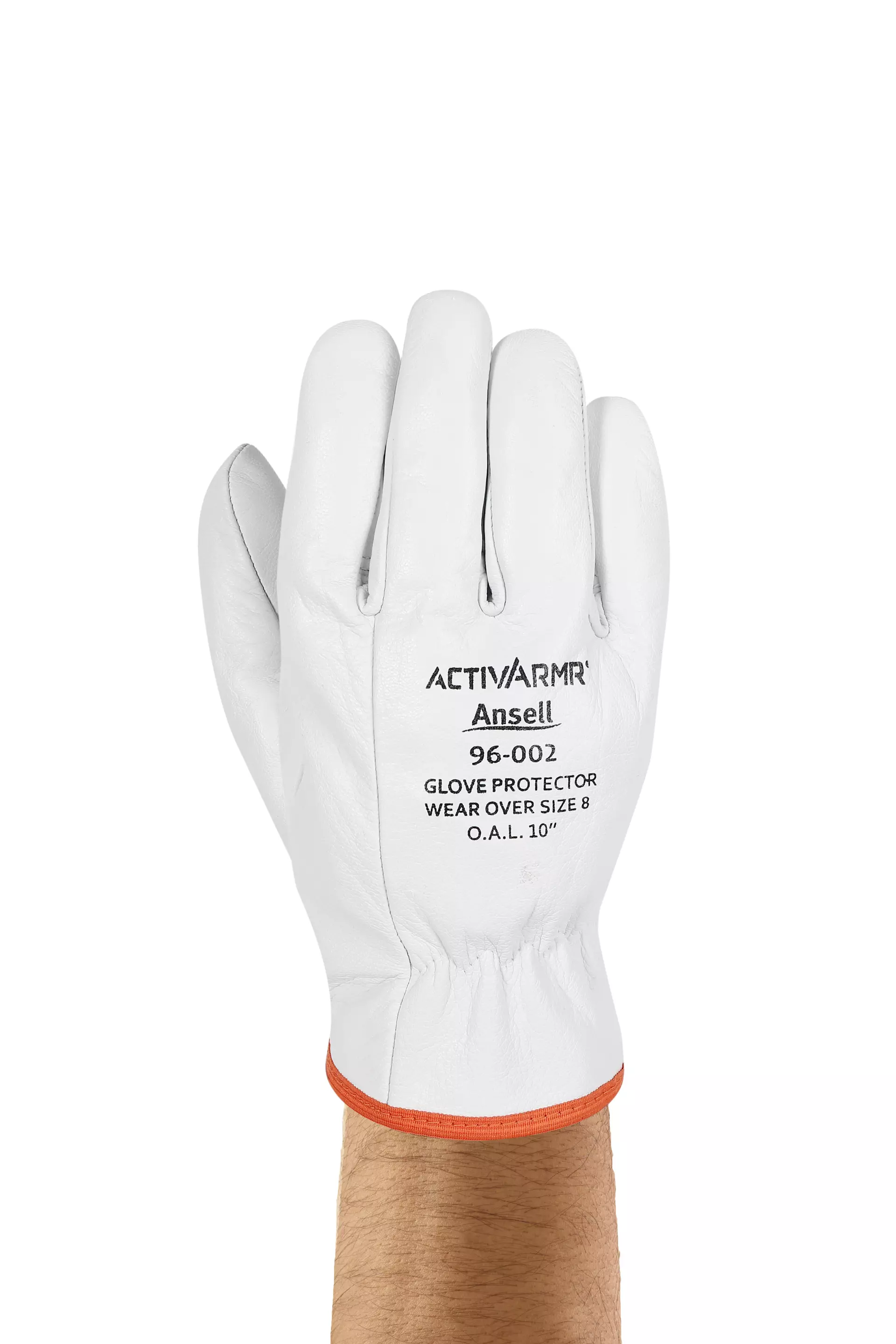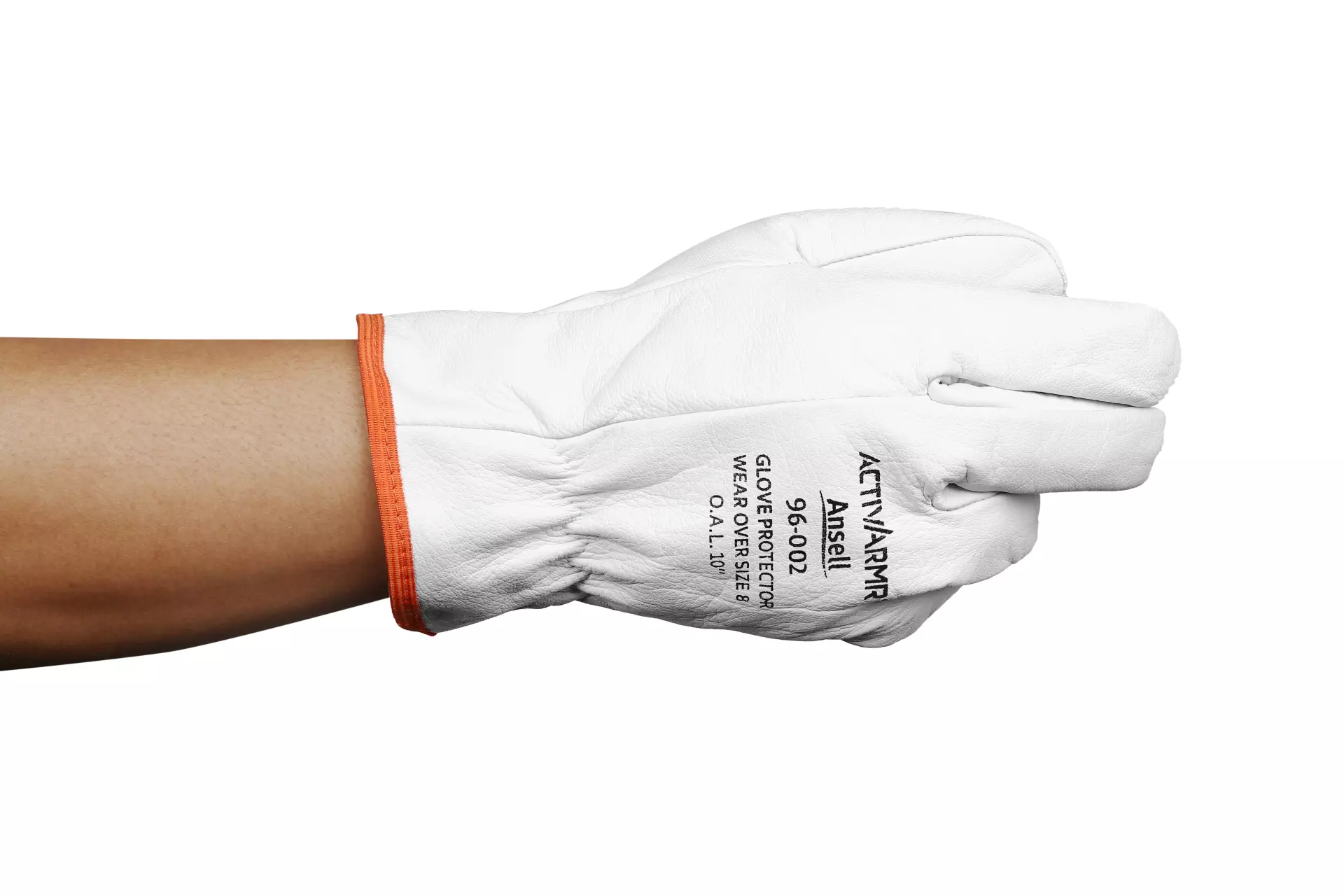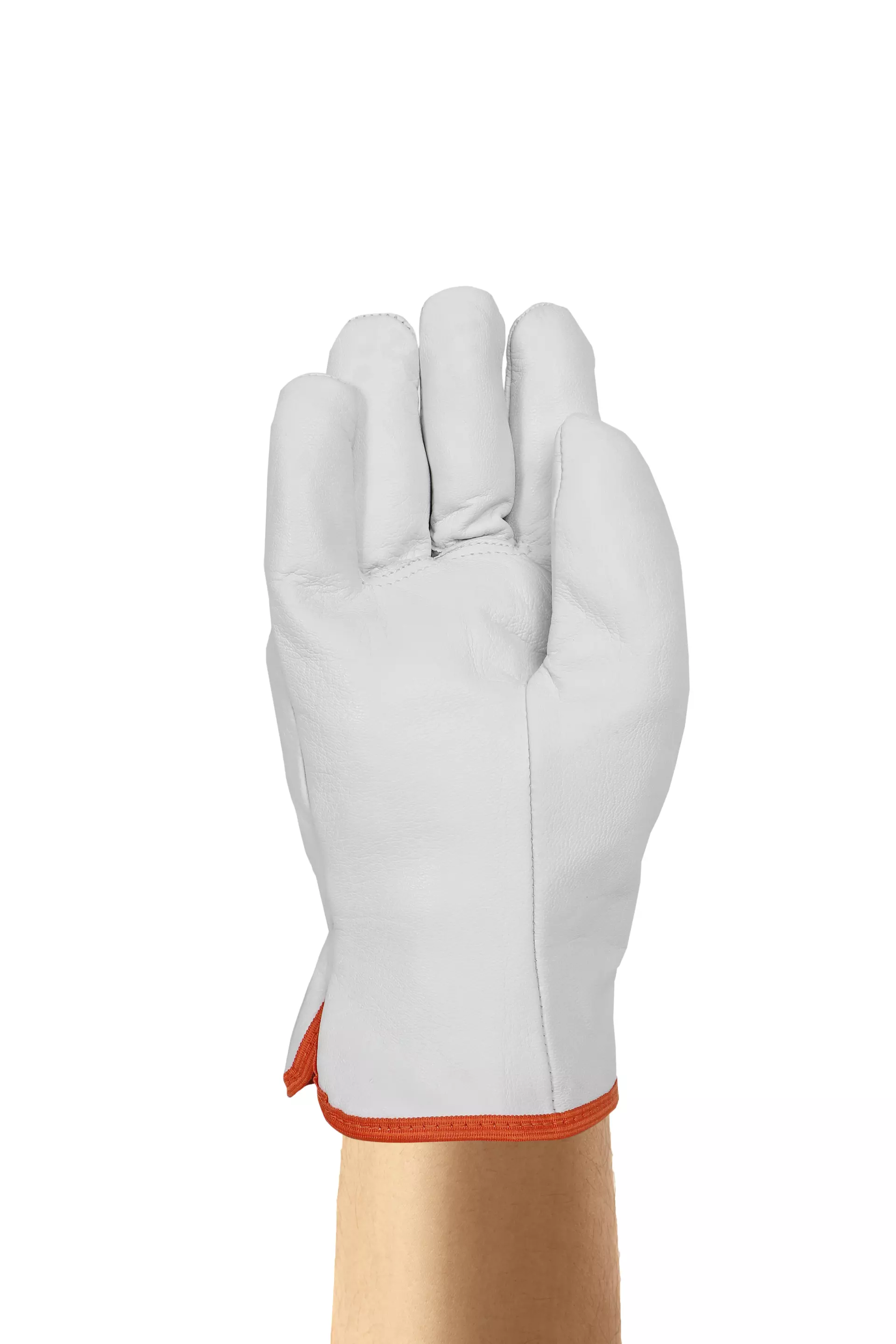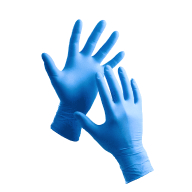ActivArmr 96-002 Rig LV Leather CVR
4.8 / 5
Product description
Description
Reinforced protection: ActivArmr® 96-002 protectors are made from premium goatskin leather, enhancing hand safety when conducting electrical work with (or close to) energized components, while offering moderate abrasion, puncture and cut resistance
Improved durability: Designed to be worn over Class 0 & 00 electrical safety gloves, these leather protectors can significantly extend wear life
Assured effectiveness: ActivArmr® 96-002 leather protectors meet ASTM D120 and EN 60903 standards, for personal protection you can truly depend on
Heightened dexterity: Their leather formulation also offers excellent dexterity, for genuinely easy-to-use electrical PPE
Recommended for
Energized Electrical
Electrical
Maintenance
Product Details
About Gloves Clip
Gloves Clips are practical fasteners designed to keep your glove pairs together when not in use. These handy clips prevent loss, simplify storage, and attach easily to belts, bags, or hooks for quick access. Perfect for work, gardening, or sports gloves.
- Cut Resistant
- Electrical Protection
- Hand Protection
Standards and labels
Ansell delivery terms
Free delivery for all Ansell products
226,08 €
Price per 10 packages (10 pcs)
22,61 € / piece
Free delivery
A carton contains 10 packages (10 pieces)





